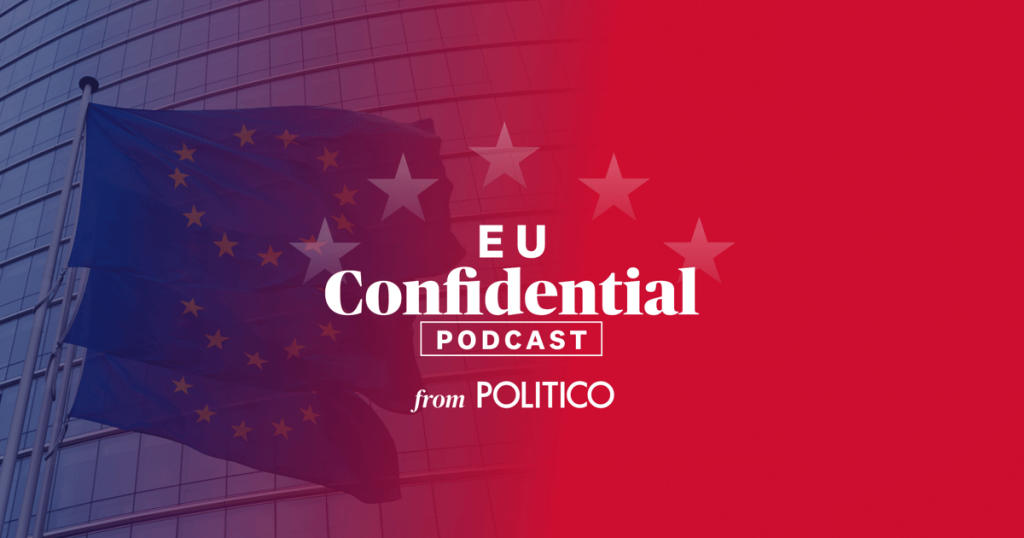Ursula von der Leyen’s notable absence from several key international meetings has sparked debate about the European Union’s leadership and decision-making processes. While the European Commission president’s office cites scheduling conflicts and the need to prioritize internal EU matters, critics argue that her absence undermines the EU’s global standing and raises questions about the balance of power within the bloc. This analysis delves into the implications of von der Leyen’s absences, exploring the potential impact on the EU’s influence, the evolving dynamics between EU institutions, and the broader context of geopolitical challenges facing the bloc.
The EU has traditionally struggled to maintain a unified and consistent voice on the global stage, often overshadowed by individual member states pursuing their national interests. Von der Leyen’s mandate as Commission president included strengthening the EU’s international role, presenting a united front on issues such as climate change, trade, and security. Her absences, however, have arguably hindered this ambition. When the EU’s top representative is not present at crucial international gatherings, it creates an impression of disunity and weakens the bloc’s ability to effectively negotiate and advocate for its interests. This is particularly concerning in a multipolar world where the EU faces increasing competition from other global powers.
The interplay between the European Commission, the European Council, and the European Parliament has always been complex. While the Commission is the EU’s executive branch, responsible for proposing legislation and implementing policies, the Council represents the member states and sets the overall political direction. The Parliament, meanwhile, plays a legislative and supervisory role. Von der Leyen’s absences could be interpreted as a reflection of the ongoing power struggles between these institutions. Some argue that her focus on internal EU affairs, particularly navigating complex legislative processes and managing internal disagreements, has come at the expense of the EU’s external agenda.
The specific instances of von der Leyen’s absence provide further context for this debate. Her non-attendance at the G20 summit in India, despite the EU being a crucial player in global economic governance, raised concerns about the bloc’s commitment to multilateralism. Similarly, her absence from other high-profile meetings, where key geopolitical decisions were being discussed, fueled speculation about the EU’s diplomatic priorities and its capacity to effectively engage on the world stage. These absences, taken cumulatively, suggest a potential disconnect between the EU’s stated ambition for global leadership and its actual engagement in global affairs.
Beyond the immediate impact of von der Leyen’s absences, this situation raises broader questions about the EU’s institutional structure and its ability to effectively represent its citizens’ interests on the global stage. The EU is a unique political entity, navigating a complex web of internal relationships and external pressures. It struggles with the inherent tension between the sovereignty of individual member states and the need for collective action. Von der Leyen’s absences highlight the challenges of striking a balance between representing the diverse interests of 27 member states and projecting a unified European voice on the world stage.
Addressing these challenges requires a multi-faceted approach. Internally, the EU needs to streamline its decision-making processes, ensuring greater clarity and efficiency in its external representation. Externally, the EU needs to develop a more coherent and proactive foreign policy strategy, allowing it to effectively engage with global partners and address pressing geopolitical issues. Furthermore, the EU must invest in strengthening its diplomatic corps and enhancing its capacity to anticipate and respond to global challenges. Ultimately, the EU’s success in navigating the complex geopolitical landscape will depend on its ability to find a balance between internal cohesion and external effectiveness. The debate sparked by von der Leyen’s absences serves as a timely reminder of the ongoing need for institutional reforms and strategic adjustments to ensure the EU’s relevance and influence in the 21st century.














